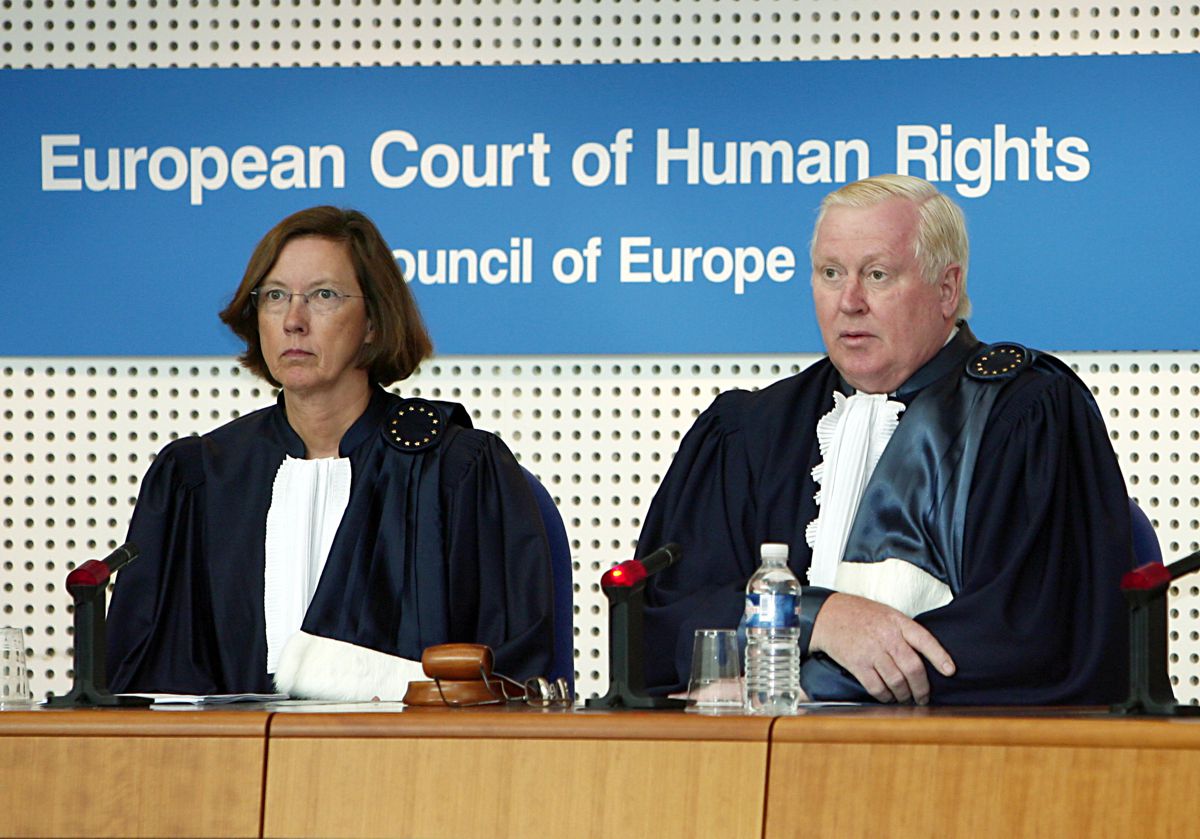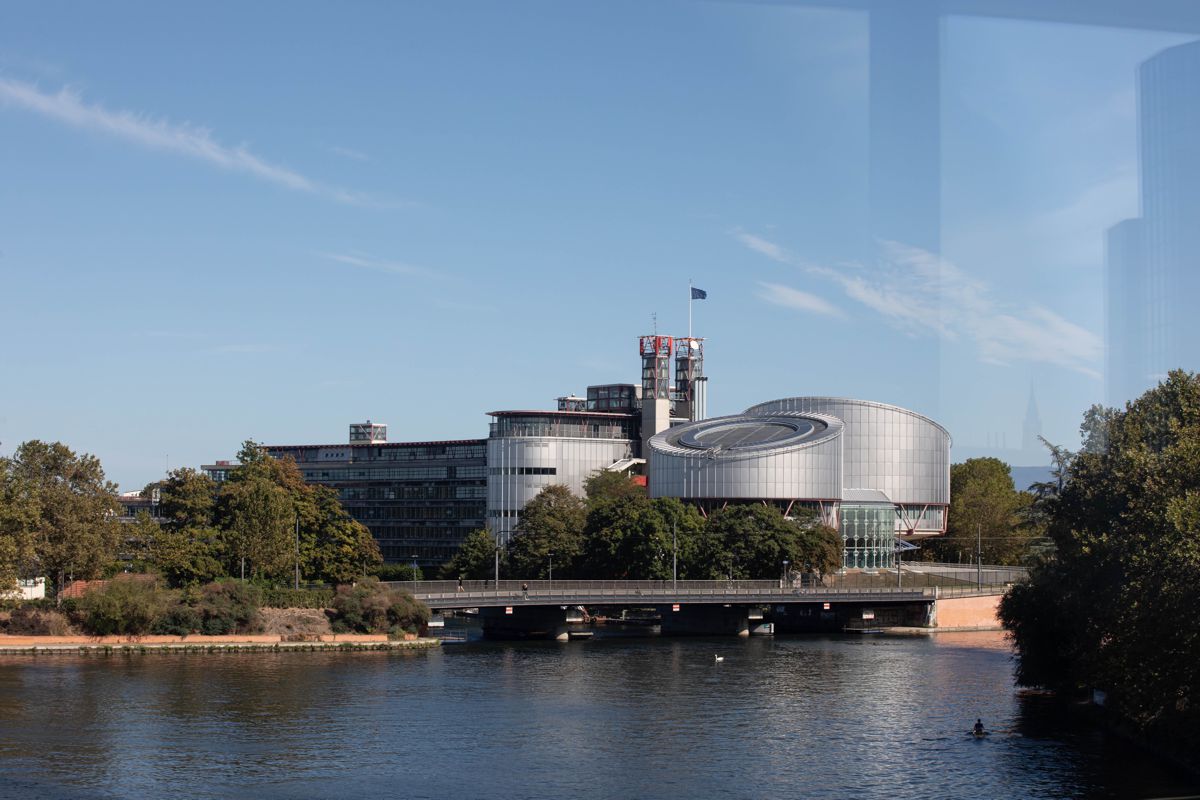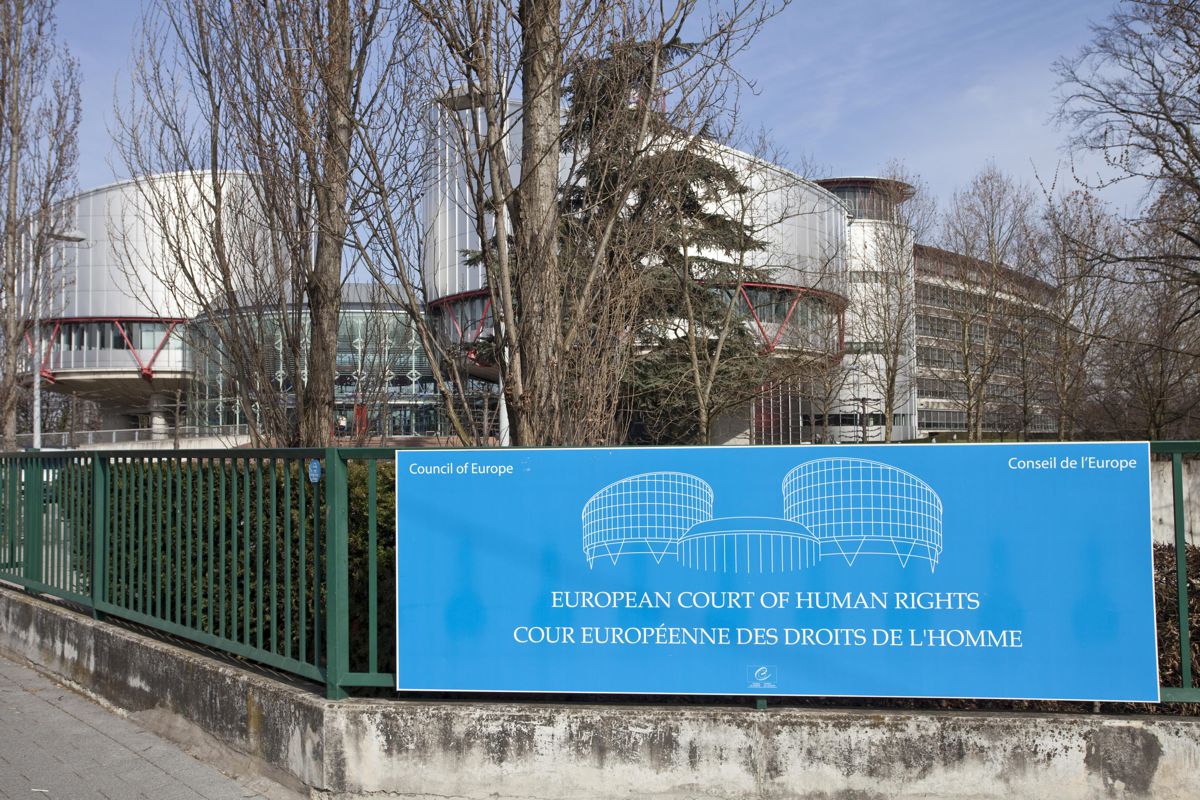Saturday, 5th December 2020
Eight Portuguese youngsters from Lisbon and Leiria, between eight and 21 years of age, have taken Germany, France, Great Britain as well as another 30 states including Russia to the European Court of Human Rights (ECHR) in Strasbourg. Their complaint claims that the states they are suing aren’t doing enough against climate change. Surprisingly, the ECHR has admitted the legal action. Given the importance and urgency of the issues raised, the complaint would be given priority, the ECHR said on Monday.
A lack of climate protection is a violation of human rights. In the context of intergovernmental law the court notes that while the causal connection between concrete damage and concrete actions might be difficult to prove, the fact that climate change is caused by human actions is beyond question. This makes it easier therefore to prove that a legal subject – in international law usually a state – is neglecting its duty of care and has to take adequate measures to avoid damage, i.e. to ensure a reduction in greenhouse gas emissions.
Since 2015, the sector of attribution science, which looks at the contribution of anthropogenic climate change to individual extreme weather events, has been gaining ground in climate research circles. Lawyers expect that with an increasing understanding of what kind of weather events may be expected the duties of states and non-state actors will change, especially if companies are held responsible for future climate damages and climate change adaptation costs. Attribution research may become a driver for future lawsuits.
To lodge a legal complaint harbours the opportunity to provoke a change in societal perceptions and to influence public debate. The court case may highlight concrete consequences beyond mere correlations backed up by science, and abstract or real threats. If the court agrees that these correlations exist, the high regard case law enjoys in many legal systems may lend legitimacy and authority to legal positions on environmental matters. The plaintiffs hope that turning the consequences of climate change into an issue debated in a court of law may influence social, ecological and economic norms.
Eight-year old Mariana Agostinho and her five young fellow campaigners, the German dpa news agency comments, are putting big pressure on 33 European countries in fighting climate change. Mariana is the youngest in the group, the oldest is 21. They accuse all EU states plus Norway, Russia, Great Britain, Turkey, Switzerland and Ukraine of exacerbating the climate crisis and in doing so, to be jeopardising the future of their generation. Their aim is for the ECHR to hold those responsible for the worsening climate to task in order to force them to raise their national bars and to reduce the global emissions caused by them and their multinational corporations. This includes both the environmentally harmful production of goods as well as general farming and food production through ecologically damaging monocultures in Europe’s agricultural and forestry sectors.
For the Global Legal Action Network (GLAN), the climate lawsuit in Strasbourg is ‘without precedent’. Normally a person would have to take up their claim with a national court of law before taking a case to the ECHR. In the case of the fight against climate change however, with causes that transcend borders, it was impossible for a group of young people to take up their concern in 33 different countries and all the way up to the highest courts in their respective countries. This is the reason behind going down this path, never hitherto taken.
The main charge levelled by the claimants consists of the lack of a globally agreed approach to sharing the burden of fighting climate change. This, they say, creates insecurity in terms of the ‘fair share’ of each state, an insecurity being used by some countries to ‘choose self-serving interpretations’. The ECHR should hold the EU as a whole to a reduction of emissions by at least 65 per cent by the year 2030. Only by doing so, they say, can the goal of global warming by a maximum of 1.5 degrees compared to the pre-industrial era be reached.
André is 12 years young and lives in Lisbon. André and his sister Sofia Oliveira, 15, belong to the group of plaintiffs and have already taken part in two climate demonstrations. ‘This is such an important and complex issue that we mustn’t leave it to the adults’, he says in a chat with ECO123, smiling. You’d have to ‘be living in a fantasy world to be able to live without fear’. Asked whether he’d like to tell Angela Merkel something in person, he says, ‘I’d thank her for all the work and effort – but would also tell her that not enough is being done and time is running out fast.’
The Portuguese youngsters are being supported in their battle by the Global Legal Action Network (GLAN). The non-governmental organisation calls this a ‘campaign without precedent’. The ECHR’s decision, they say, now represents ‘an important step in the direction of a possibly game-changing verdict on climate change’.
 Eco123 Revista da Economia e Ecologia
Eco123 Revista da Economia e Ecologia





